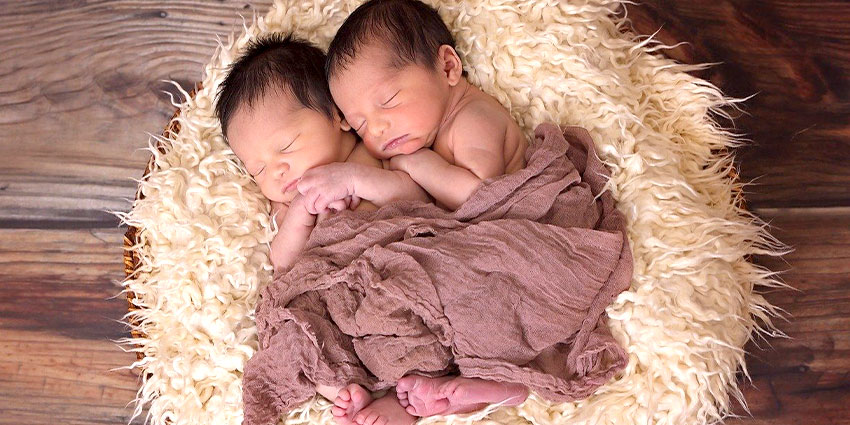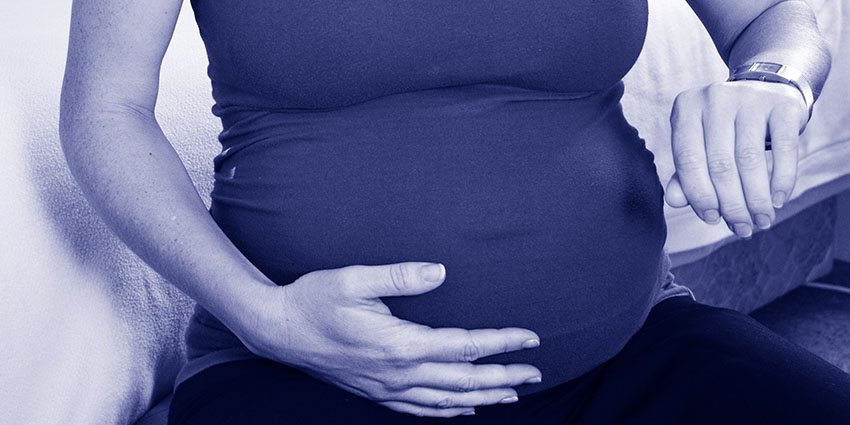My brother’s set of twins are now in college but I still remember him calling to tell me that they saw two hearts beating on their ultrasound at 20 weeks, surprise! If you are reading this article because you have a similar story and now wonder how that will change things during your pregnancy, I’m so glad that you landed here.
The first thing your provider will likely want to know is if the twins are identical (monozygotic) or fraternal (dizygotic). This matters because as they grow it is important to know if they are sharing the same placenta or gestational sac (bag of water). If you live near a perinatal center you may be scheduled to see a Perinatologist because they specialize in caring for pregnancies that could require more frequent or special monitoring.
Identical twins happen when one egg and one sperm meet together and then split into two babies. The earlier this happens the better because they then form two sacs and two different placentas. Even though they will be sharing space, they will have their own organ to nourish them through the pregnancy. If the split occurs later in the first trimester the babies may share either a placenta or sac or both. Identical twins are always the same sex and will share much of the same DNA.
Fraternal twins on the other hand form from two separate eggs that are released at the same time from the ovary and meet with two different sperm to fertilize. They will have their own gestational sac and placenta. They do not share the same DNA and are not identical. They may be different or the same sex and genetically will be similar to siblings.
A twin pregnancy will require more frequent monitoring with a focus on decreasing the risk of low birth weight and premature delivery.
Below are some of the specific monitoring differences that you can expect.
- Possible consult to perinatologist for higher level ultrasounds and other monitoring
- Perhaps a nutritional consult to assist with appropriate weight gain and good nutrition that has adequate protein during the pregnancy
- Your provider may ask you to take additional vitamins or other supplements like iron
- Genetic testing
- Ultrasounds monthly beginning at 20 weeks to assess the baby’s growth, placental appearance and amount of amniotic fluid
- Earlier glucose screening and close observation of blood pressures
- Ultrasounds with heart rate monitoring starting at 36 weeks gestation 1-2 times a week
- Your provider will discuss signs of early labor at every visit from at least 24-28 weeks on
If you are carrying a twin pregnancy it is normal to feel excited, special, and even nervous. Early and regular prenatal visits will help you achieve a good outcome but even then you may be asked to limit activities early in the third trimester. It is a good idea to be prepared with resources such as family and friends who could assist you in the last few months of the pregnancy if needed.
Related Posts








